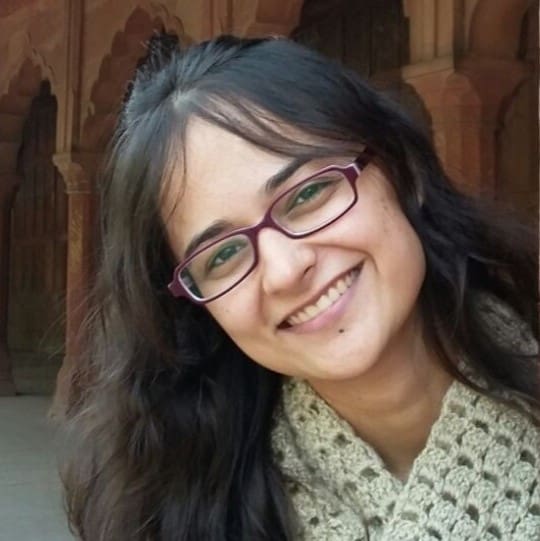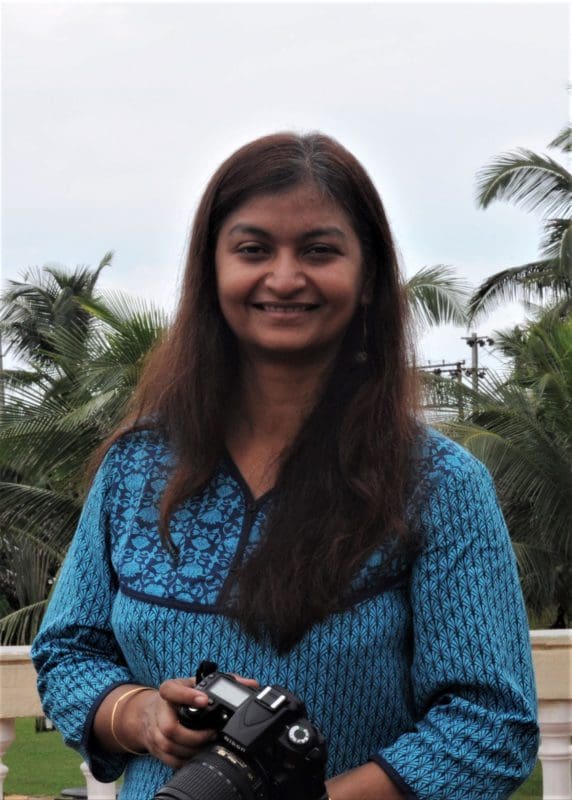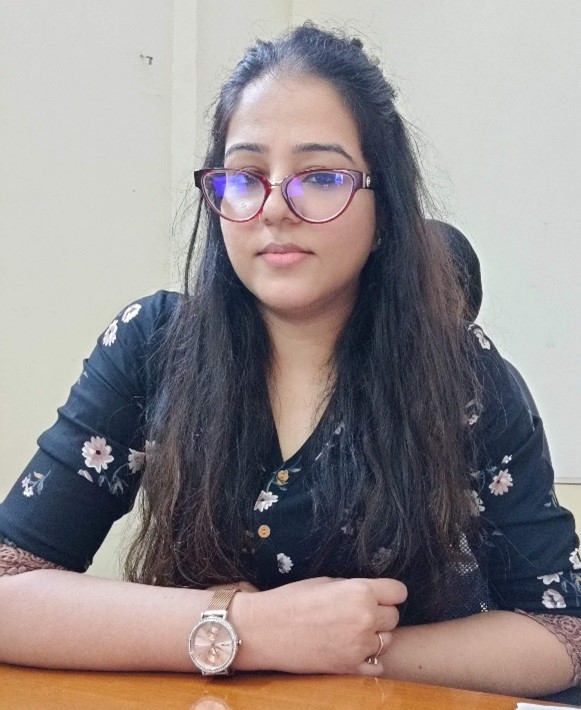
Developing Framework to Strengthen Adolescent Girls’ Engagement in Accountability Mechanisms
January 2024 - January 2025
Adolescent Girls Investment Plan (AGIP)
A significant proportion of the global population is comprised of adolescents and young people, with an estimated 1.2 billion individuals aged between 10 and 24 years old – the largest ever cohort in history. Adolescence – defined by the World Health Organization (WHO) as the phase of life between the ages of 10 to 19 years – is recognized as a unique and critical life stage marked by the transition from childhood to adulthood. Adolescents and young people face a range of unique issues that are critical to address for ensuring their well-being and healthy transition into adulthood. Adolescent girls (AGs) face unique challenges in this regard, as their lives are deeply intertwined with gender norms and inequalities in most contexts shaped by patriarchal norms and practices. They face challenges such as discontinuation of schooling, limited access to nutrition, early and forced marriage, burden of care work, and others. Since AGs should be at the center of any policies and decisions that affect their lives, it is critical that they are equipped to raise their voices in holding governments accountable. AGs should have the voice, choice, and agency to determine their future. While this requires commitments and investments from governments, it also requires accountability.
In partnership with Adolescent Girls Investment Plan (AGIP), in 2023, ICRW conducted a study to document best practices for making systems accountable to AGs across India, Kenya and Uganda. This study helped develop an understanding of the varied mechanisms that enable meaningful engagement and participation of AGs and young people in accountability processes across these three countries. It also indicated the need to delve deeper into the enablers and barriers faced by AGs in engaging with system stakeholders and document their expectations and demands, including from duty-bearers. With this aim, in this phase of work, ICRW intends to develop a comprehensive framework on adolescent girls’ engagement in accountability mechanisms. The framework will be grounded in the experiences of AGs from different countries and collaboratively developed alongside them for effective and responsive accountability mechanisms.
WHAT ARE WE SETTING OUT TO DO?
ICRW aims to –
- Co-develop, along with AGs, a well-defined accountability framework capturing enablers, barriers, and expectations from AGs for system stakeholders and duty-bearers.
- Enhance engagement, capacity-building, and leadership of AGs to co-design accountability framework.
WHAT METHODS ARE WE USING?
The project will employ consultative and collaborative approaches such as establishing Girl’s Advisory Committee, conducting virtual meetings with cohort of adolescent girls, girl-led discussions with peer AGs and online consultations with partner organizations.
DISSEMINATION
The study findings will be presented at different national and international forums.
Project Country: India, Kenya, Tanzania, Cameroon, Nepal, Cambodia, Mexico
Project Team

Radhika Uppal

Pranita Achyut

